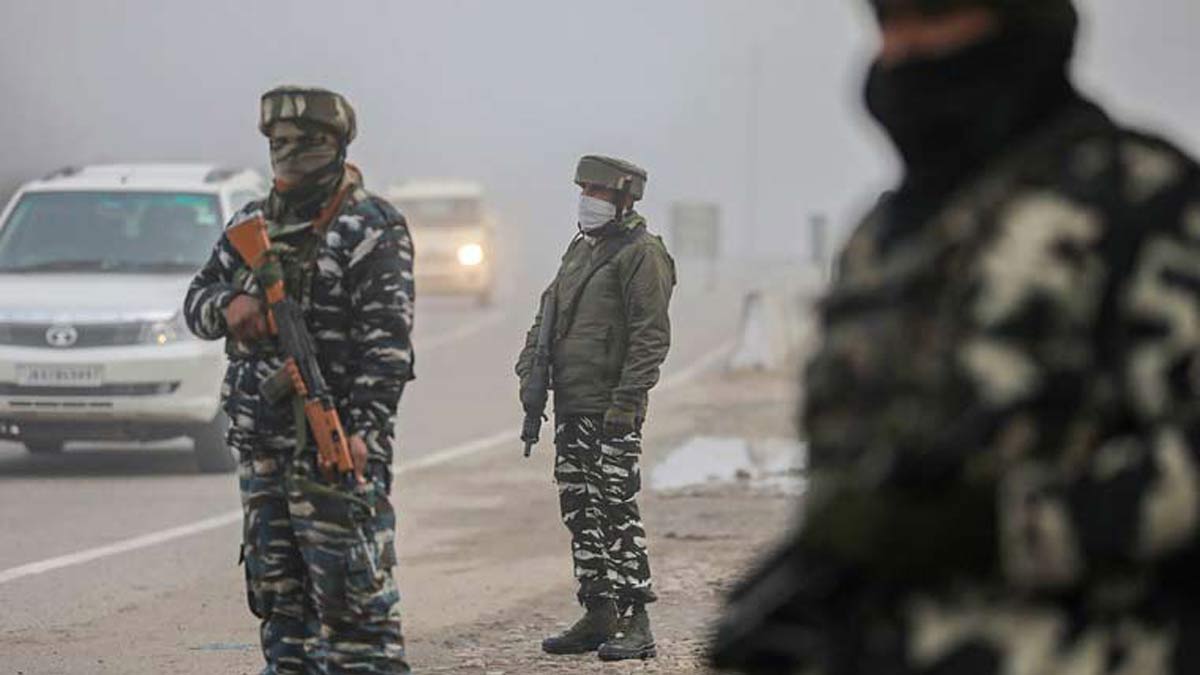Why Centre approved 20 additional CRPF battalions for J&K
 Representative image
Representative image
To strengthen security in Jammu and Kashmir, the Union government has decided to deploy 20 additional battalions (around 20,000 personnel) of the Central Reserve Police Force (CRPF) across the region.
This move follows the April 22 terror attack in Pahalgam, which killed 26 tourists and raised serious concerns about the security situation.
In response, Home Minister Amit Shah has been closely monitoring developments and has made several visits to the region, including on the day of the attack. He also chaired high-level meetings with top security officials and directed them to plug all gaps in the current security setup.
According to information, the newly sanctioned battalions will support anti-militancy operations and help maintain law and order across Jammu and Kashmir.
While the CRPF had originally requested 35 battalions, the Ministry of Home Affairs (MHA) has approved 20 battalions as a priority step. These troops will be specially equipped and trained to operate in the region’s tough terrain and security conditions.
Apart from assisting in counter-insurgency efforts, the extra deployment will help secure key tourist spots, many of which were temporarily closed after the Pahalgam attack.
Officials hope the increased deployment will help restore the confidence of tourists in Kashmir, which has been shaken after the Pahalgam attack.
The additional CRPF personnel are also expected to play a major role in securing the upcoming panchayat elections, which are likely to take place soon after the yatra concludes. Preparations for these long-pending elections are already underway, according to sources.
The CRPF is a key force responsible for maintaining public order and conducting anti-terror operations in Jammu and Kashmir.
At present, the force is already deployed in large numbers to ensure the safe and smooth conduct of the Amarnath Yatra.
The new deployment is part of a broader effort to improve the region’s security environment and support local authorities in tackling challenges on the ground.
India